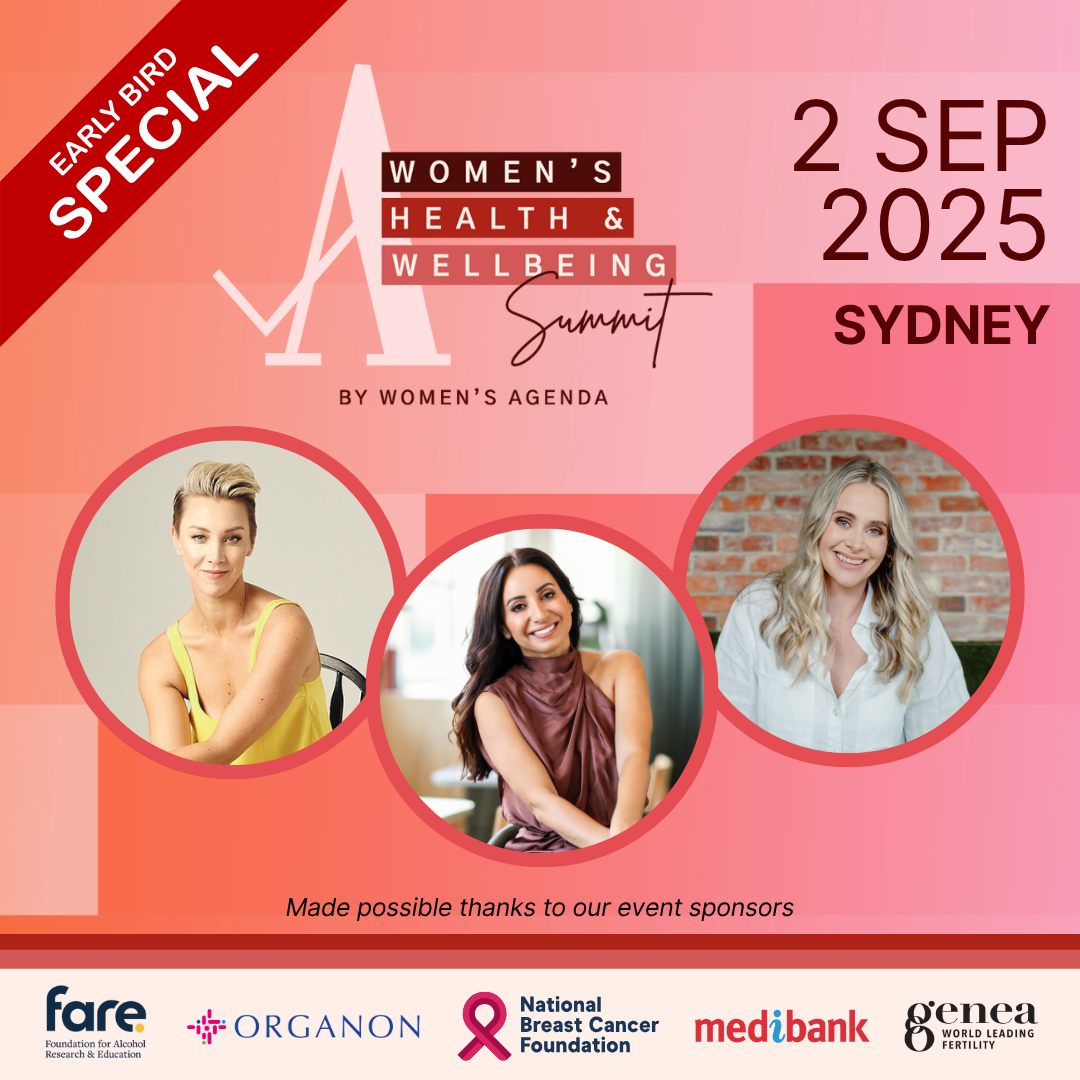By then, the esteemed doctor, whose influential 1946 tome “Baby and Child Care” launched a thousand imitators and a parenting book industry, was well into his 90’s and not quite up to the demands of a regular column.
But “Dr. Spock” was a brand, thus it fell to me, a 22-year-old editorial assistant with no children of her own and a bit of babysitting experience under her belt (not to mention a huge fan of the Babysitters Club series in her tweens), to pen his missives. My opus on inner ear infections was a high-water mark of which I am particularly proud…though, strangely, my Pulitzer seems to have gotten lost in the mail.
I share this now to highlight to parents — many of whom are targeted by parenting books in the early stages of their parental journey, when they are at their most vulnerable — how completely rubbish this particular genre can be. And if you won’t take my word for it, research shows that parenting books can be damaging to new parents, adding to mother’s stress and heightening their chances of developing post-partum depression.
I was inspired to confess my own involvement in the dark arts of the parenting advice industry after reading about Australian children’s author and school principal John Marsden’s new book on parenting, “The Art of Growing Up”. In the book, Marsden blames a generation of “toxic parents” for creating an epidemic of anxiety among today’s children. And he also, brace yourself, appears to blame mothers for domestic violence.
“Men who feel rage as the result of the failure of their mothers to effectively manage the inevitable, eventual separation between mothers and their sons – the transition from what is arguably the most intimate relationship known to males to a relationship that must perforce be of a very different nature – are highly likely to project that rage onto future intimate partners, and often all women,” Marsden writes.
Now, twenty years after my time at that parenting magazine, well into a career in which I have devoted a significant amount of time to preventing and responding to violence against women (and during which time I also became a mother to two children), I feel I have sufficient expertise to call bullshit on Marsden’s logic. If you are truly interested in the real drivers of violence against women, may I suggest you read Jess Hill’s excellent new book, “See What You Made Me Do” instead, in which she describes the role men’s quite gendered manifestation of shame plays.
So here we are. Now we are supposed to add domestic violence to the already long list of things we can blame parents for — and, to be honest, by “parents” we usually means mothers, alongside every other social ill because you didn’t breast feed long enough, did or didn’t co-sleep, say no often enough or too often and then in the wrong tone of voice…you can’t win.
What I wish I could go back in time and say to those parents, who unknowingly received advice from a complete neophyte, is to trust your instincts and take everything, and I mean everything, with a massive grain of salt. Anyone selling you a fantasy that all the challenges of baby care and family life can be erased if you just learn to swaddle the right way or hold out long enough outside the baby’s bedroom door when implementing a controlled crying regime is doing just that, selling a fantasy.
Thankfully, the market for such parental fantasy may be dwindling, as the broader culture swaps a gauzy, idealised picture of parenting for one more representative of the messy, contradictory, and sometimes soul destroying (or at least sanity destroying) reality.
Hugely popular shows like “The Letdown” depict the reality of mothering. Reviewing the landmark show for The Guardian, Amy Corderoy wrote, “popular culture has a role in setting more realistic expectations”, and I couldn’t agree more.
Popular podcasts like “The Longest Shortest Time” fully acknowledge, dare I say embrace, the chaos and contradictions, knowing that all parents are winging it to some extent.
And then there are new parenting websites, like the New York Times site, which launched in May with a decidedly feminist slant, declaring in a launch essay penned by the sites’ editor Jessica Grose, former editor of the feminist Lenny Letter, that they would never use the word “natural” in reference to birth, acknowledging it can make families whose births are deemed “not natural” feel shame.
While more traditional parenting books are prescriptive, this new genre is about community, sharing experiences, and understanding. And more than anything, they are, consciously or unconsciously, divorcing parents from the notion of perfection.
There is a mantra I, as a recovering perfectionist, often say to myself: “Perfection is the enemy of the good”. Perfect parenting, as sold by an outdated generation of rigid or just plain wrong books, is the enemy of good parenting.
Just one more confession, I, like most parents, don’t really know what I’m doing (and I’m by no means perfect)…. and that’s okay.
Kristine Ziwica tweets @KZiwica


